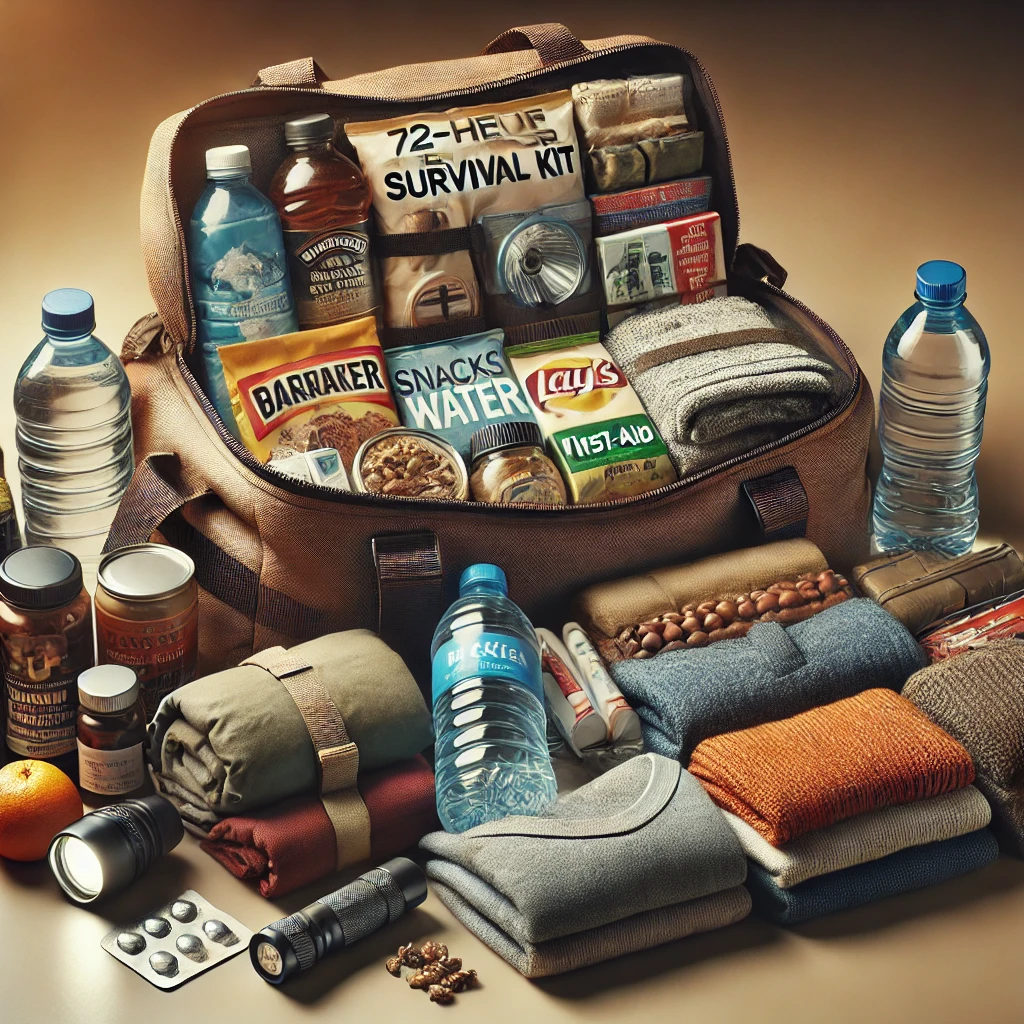Living in a city can be thrilling, but it also comes with its own set of challenges. Whether you’re navigating through crowded streets, dealing with emergencies, or simply trying to make city life a bit easier, these survival strategies will keep you ahead of the game.
Strategy 1: Know Your Urban Terrain
Knowing your city’s layout is crucial in any emergency. Regularly explore your neighborhood, learn alternative routes, and familiarize yourself with back alleys and shortcuts. Detailed maps of your city and its surroundings can be a lifesaver in a crisis.
Strategy 2: Ensure Reliable Communication
Effective communication is vital. Keep a charged cellphone, and consider a hand-crank radio for emergency alerts and updates. This radio can also charge your phone and provide light if needed.
Strategy 3: Learn Essential First Aid
Accidents and injuries are common in emergencies. Equip yourself with a well-stocked first aid kit and learn basic first aid skills, such as disinfecting and bandaging wounds. Online tutorials and practice can help you be prepared.
Strategy 4: Invest in Self-Defense Training
Cities often have higher crime rates. Self-defense training can help you protect yourself. Whether it’s hand-to-hand combat or learning to safely use a firearm, being prepared can make a difference.
Strategy 5: Foster Community Connections
Your neighbors can be invaluable in times of crisis. Collaborate and share resources and skills. A strong community network can provide mutual support and assistance during emergencies.
Strategy 6: Secure a Water Source
Water is essential for survival. Identify nearby water sources like streams or ponds and have a purification method ready, such as boiling or using purification tablets. These should be part of your emergency kit.
Strategy 7: Start an Urban Garden
A home garden can provide fresh food during prolonged emergencies. Even in limited space, you can grow essential herbs and vegetables, ensuring a sustainable food source when stores are inaccessible.
Strategy 8: Prepare a Go-Bag
Have a go-bag packed with essentials such as water, snacks, a flashlight, and important documents. This can be a lifesaver if you need to evacuate quickly.
Conclusion
Surviving in an urban environment requires preparation and cooperation. Know your surroundings, ensure you have reliable communication, maintain food and water supplies, and get self-defense training. These strategies can be the difference between safety and danger in urban emergencies.
I
We are a participant in the Amazon Associates Program. As an Amazon Associate we earn from qualifying purchases with no additional cost to you. We appreciate your support. Read our complete Affiliate Disclaimer here.



